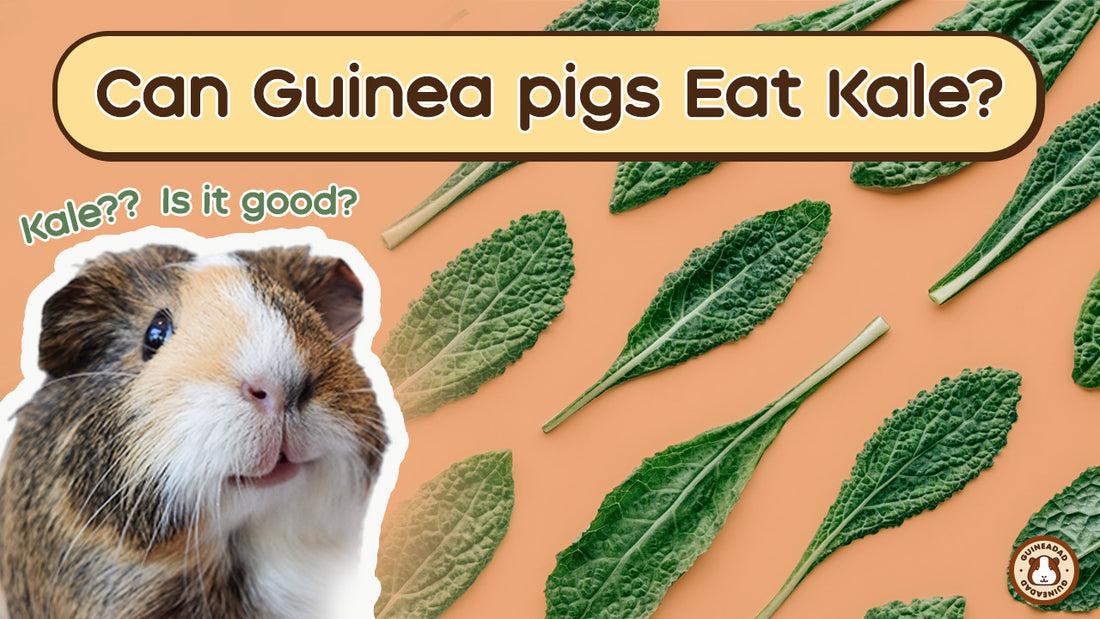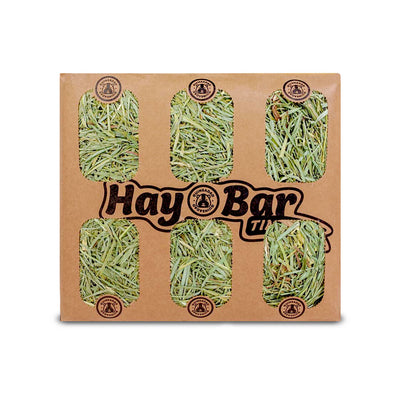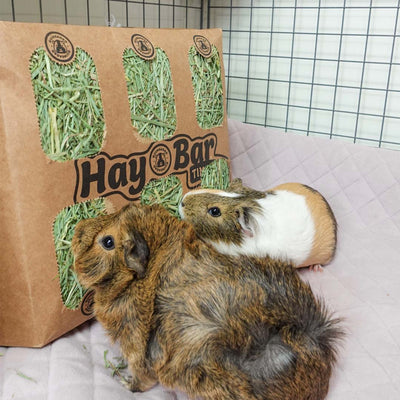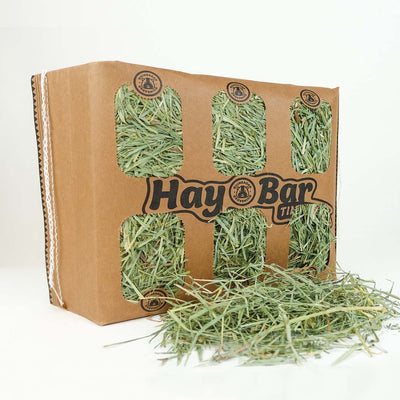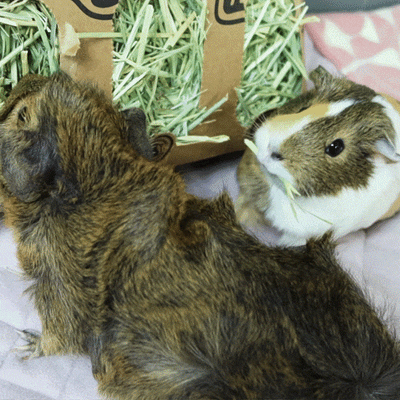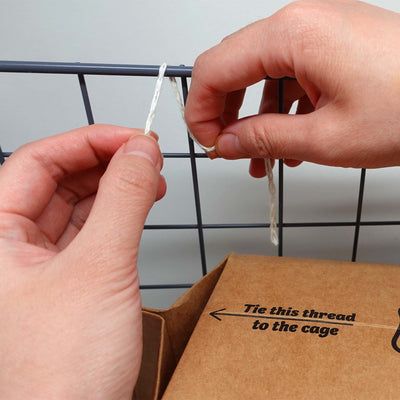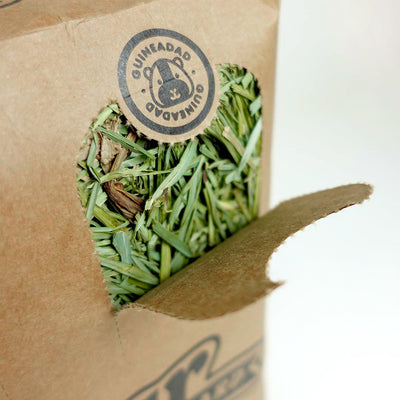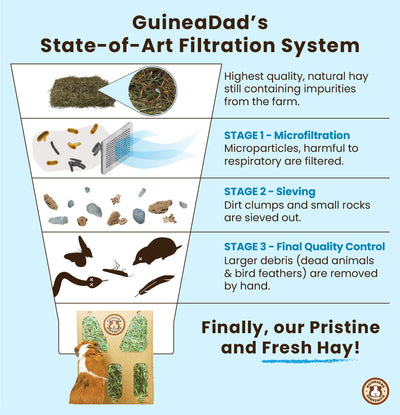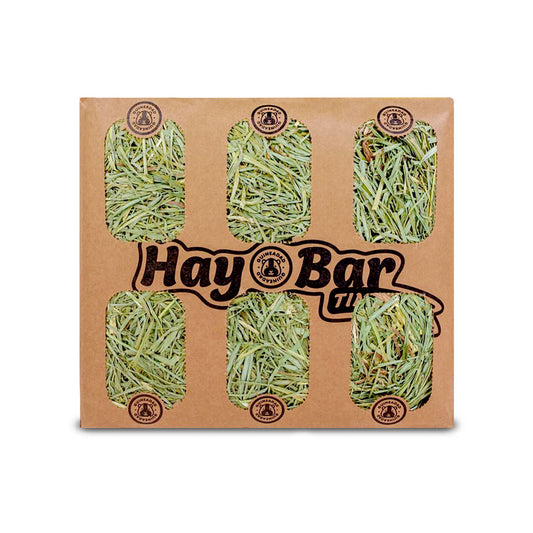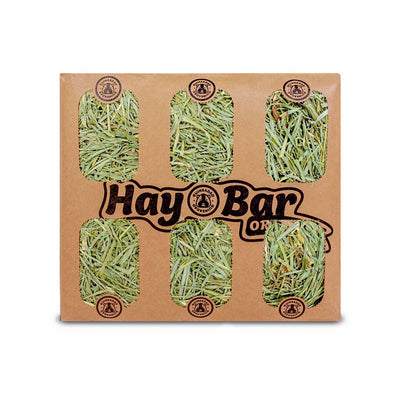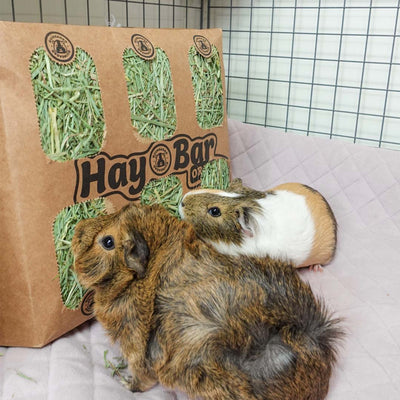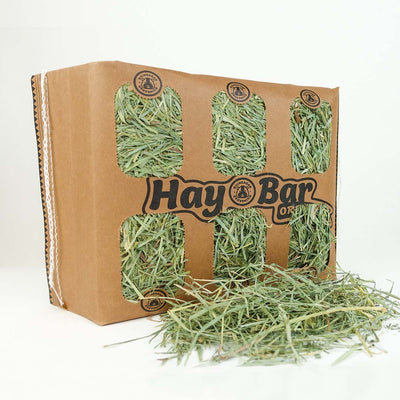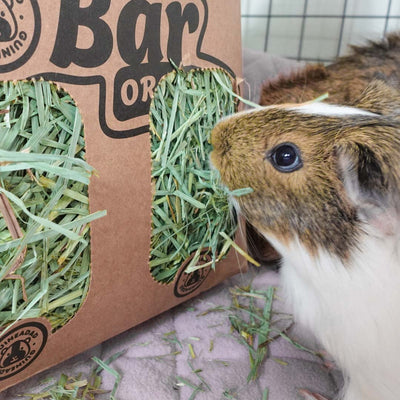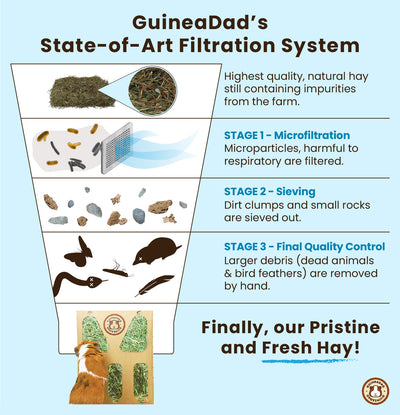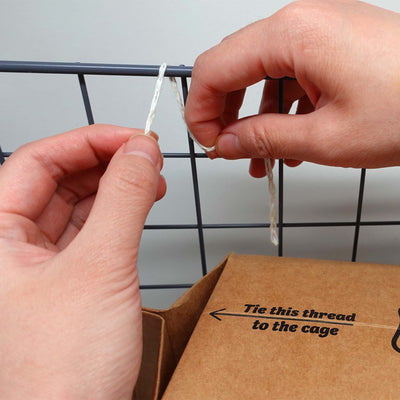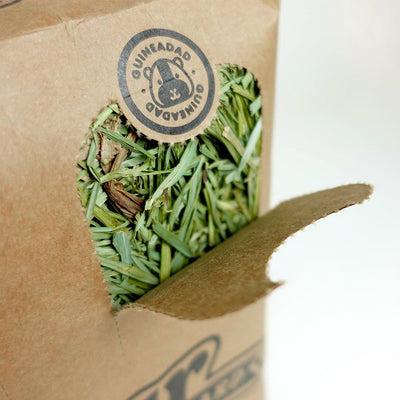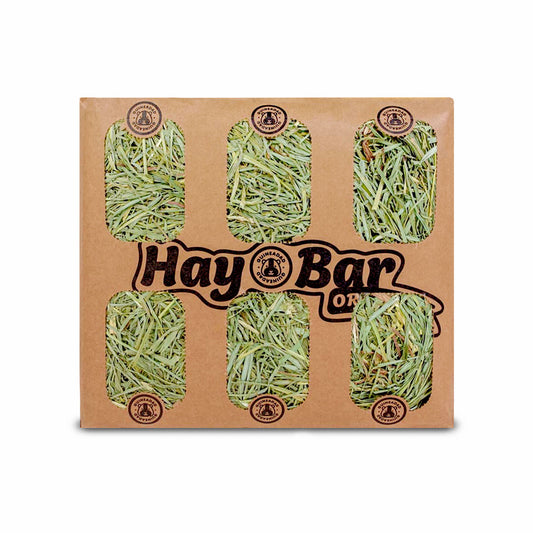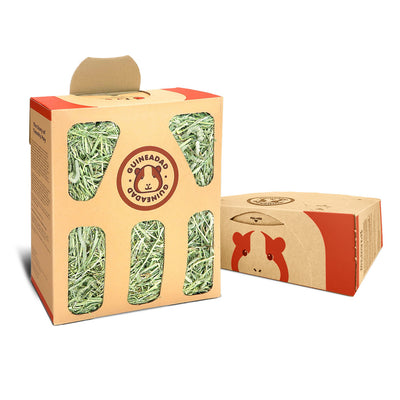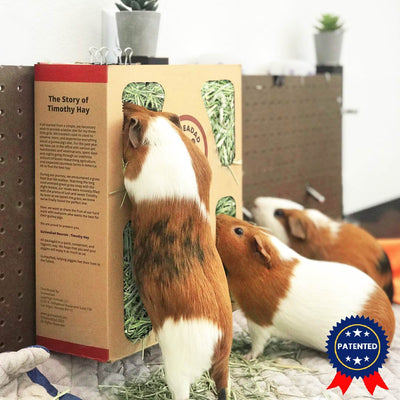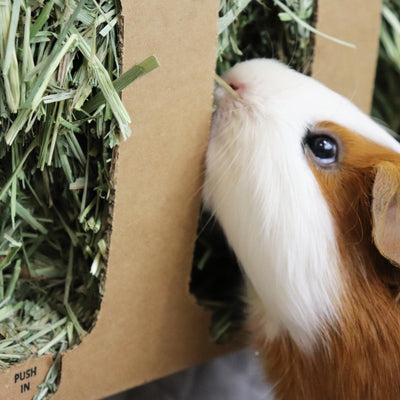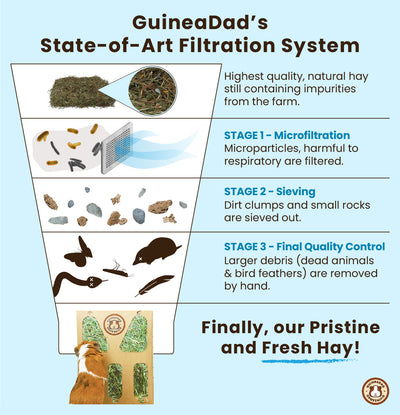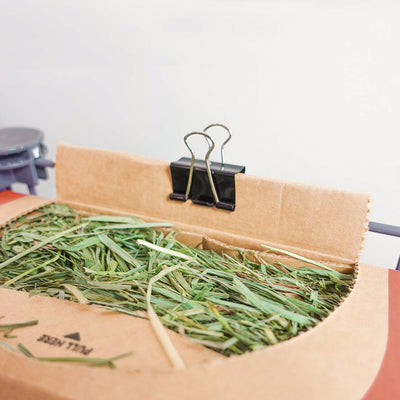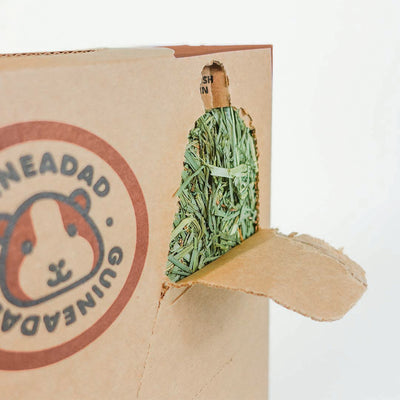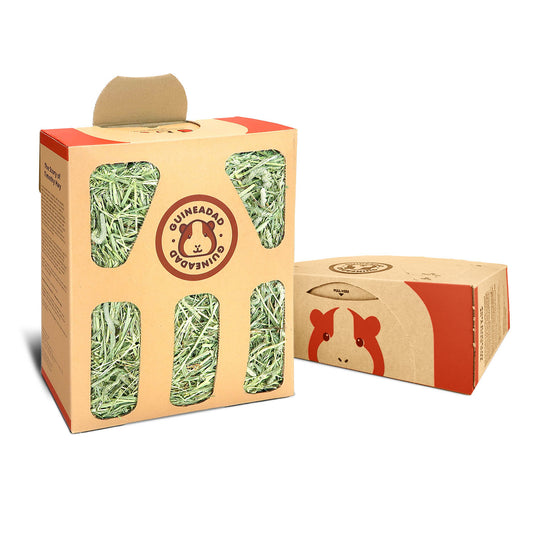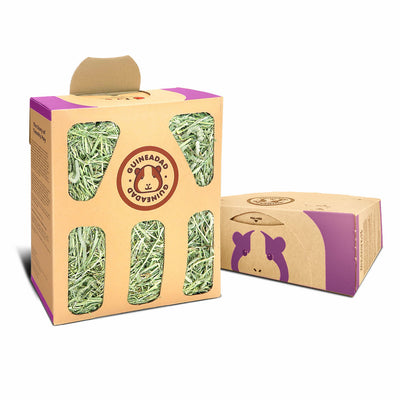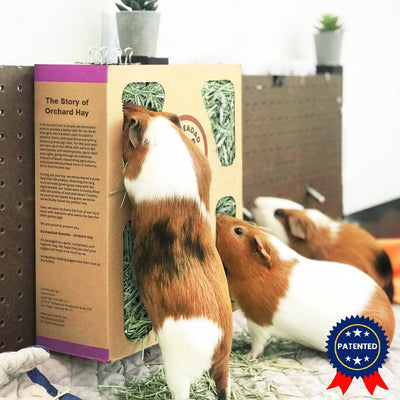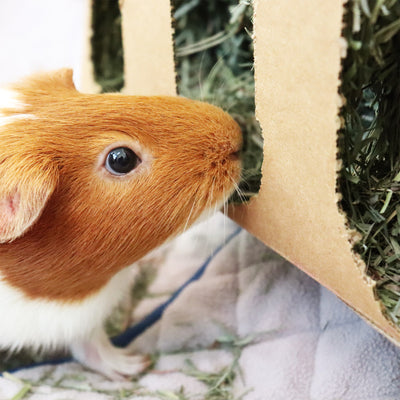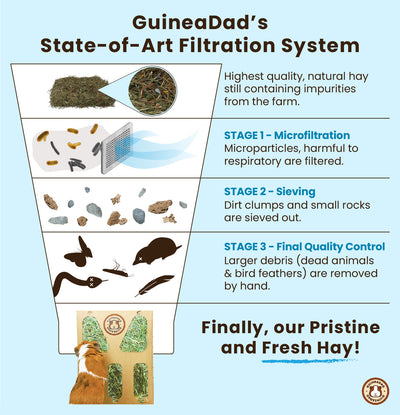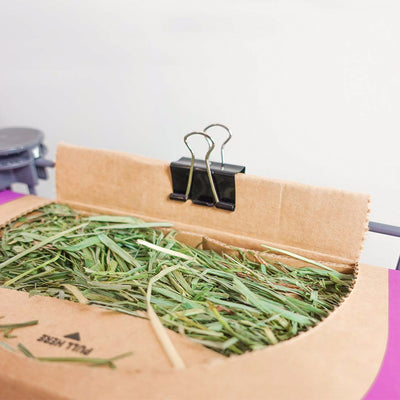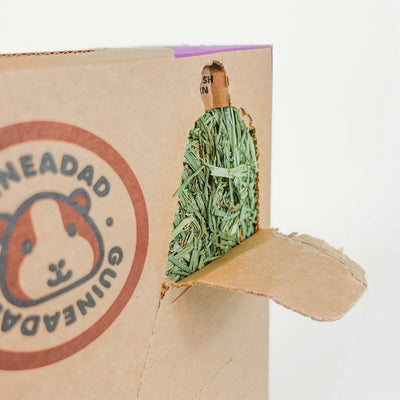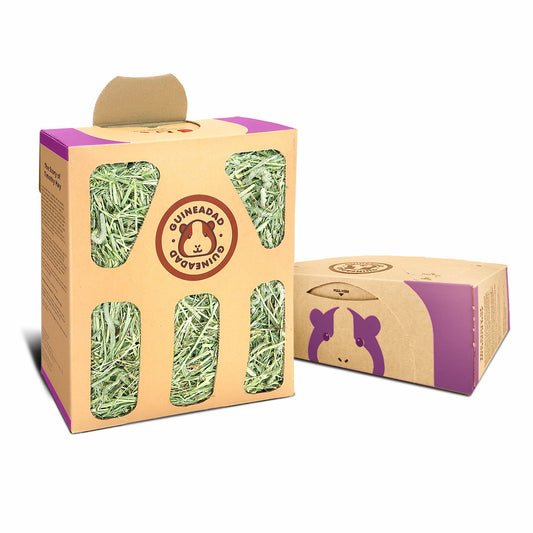Hey there GuineaGang!
In this educational blog on what can guinea pigs eat, we'll be answering the question, can they eat kale? Continue reading below to explore the health benefits kale can provide, and important guidelines for incorporating this vegetable into their diet.
Watch this short video for a summary!
The short answer is yes! Kale is a trendy, healthy food in the human world and it’s just as good for guinea pigs in moderation. That being said, it’s important to read on and learn about the benefits of this leafy superfood and how to include it into your piggie’s diet.
We've also got a Vegetable Master List that lists common veggies that your piggy can and can't eat!
What vitamins and other nutrients does kale contain?
Vitamin A
Vitamin A is super useful when it comes to supporting your guinea pig’s organs, and is especially good for their kidney and liver. It even helps with the heart and lung functions, ensuring they are working properly. The leafy green is also great for their eyesight! Admittedly, guinea pig eyesight isn’t that great to begin with, so it’s important to preserve and maintain what they already have!
Vitamin A is also good for supporting the immune system alongside vitamin C. Together, they help boost and strengthen immunity. In a 100 g serving of kale, it has 3.23 IU (international unit) of Vitamin A. This leafy green doesn't provide a whole lot of this vitamin, but the other nutrients it has makes it beneficial to their diet!
Vitamin C
This vitamin is especially important for guinea pigs to consume, especially to prevent scurvy. Not only can scurvy be painful, but it can also make it pretty painful and uncomfortable for your guinea pig to eat, which can lead to unhealthy weight loss and malnutrition. Their immune system can also benefit greatly from this vitamin, as it helps strengthen immunity so the body can fight off infections and illness, as well as in the recovery process. In a 100 g serving of kale, there is 93.4 mg of Vitamin C.
Calcium
While calcium can be necessary for your guinea pig’s overall health, too much of it can cause bladder stones. Calcium helps guinea pigs’ body build and maintain bones, and especially important for certain guinea pigs, depending on their age, sex, and other factors. However, you can tell if your guinea pig is consuming too much calcium by examining their urine.
Calcium deposits look like tiny white granules, and too many of them can indicate too much calcium in their diet! Too much calcium can lead to urinary tract infections and larger bladder stones than the small granules that are visible in their urine! Kale contains 93.4 mg of calcium in a 100 g portion.

What other benefits does kale provide for your guinea pig?
Kale is in every way super healthy, not only for humans, but for guinea pigs too. It contains so many of the vitamins and nutrients that they need in their diet, that it lives up to its reputation as a superfood.
What are the downsides about kale for guinea pigs?
What’s interesting about kale, is that because it’s so packed with different nutrients, some of them can work against each other! For example, it contains potassium, which usually helps prevent bladder stones. However, there is also a large amount of calcium in kale. This means too much of it can cause the bladder stones instead.
Another example of this phenomenon is the fact that overconsumption of Vitamin A can be toxic to our piggies too. You’ll know this is the case if you notice that your guinea pig has developed dry, scaly skin. This will be your sign to reduce the amount of kale you are giving to them. However, this occurrence is rare!
There’s also the matter of the amount of pesticides that are usually used when growing kale. When preparing this superfood for your guinea pig, you have to make sure that you’re washing the fronds thoroughly in order to keep your piggy from getting sick.
How should you go about feeding your guinea pig kale?
Because of the contrasting benefits and negative effects of kale, it’s best to limit their consumption to a leaf or two of average-sized fronds. Around two to three times a week should be enough for them to get what they need out of it, while still making sure they don’t over consume. However, the best way to gauge what the correct amount is by keeping an eye on their waste output.

Overall, it is OK to feed your guinea pigs kale!
In the end, like with any food, be careful about how much you give them, and examine their physical condition any time you introduce new items to figure out what is best for them!


